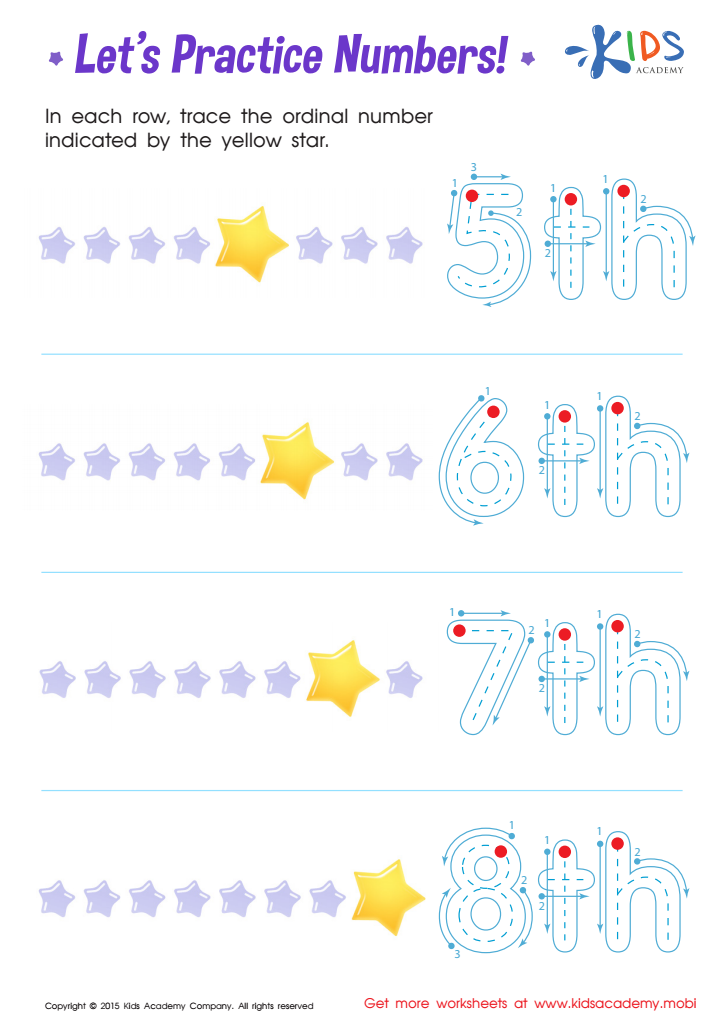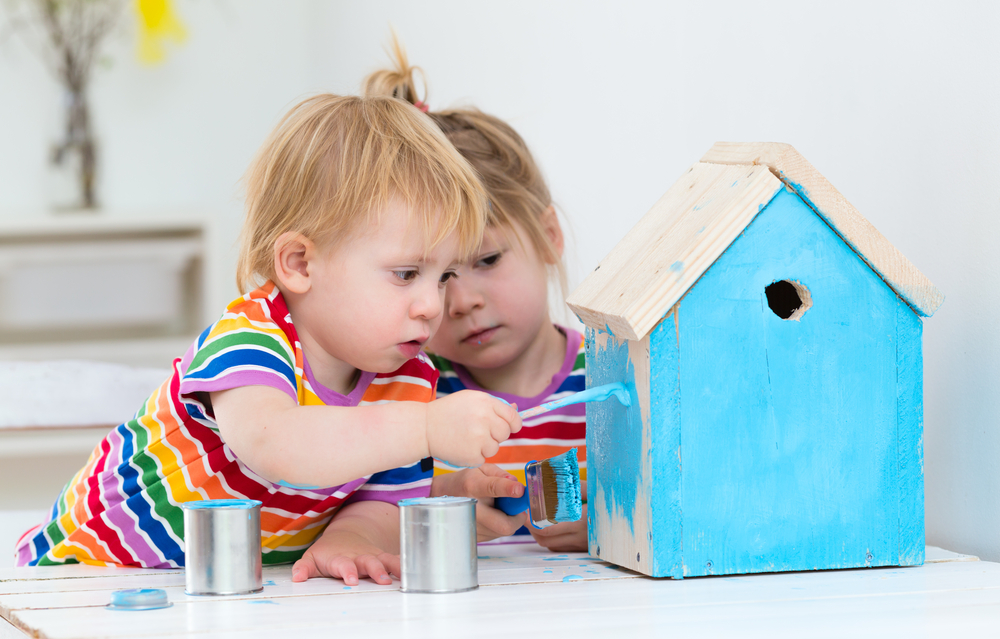Basic Addition Math Worksheets for 4-Year-Olds
38 filtered results
-
From - To
Introduce your 4-year-old to the world of basic addition with our engaging printable worksheets! Designed specifically for young learners, our worksheets at Kids Academy feature vibrant illustrations and just the right amount of challenge to spark their interest in math. These worksheets focus on simple addition concepts, helping children develop essential skills while having fun. Perfect for home or classroom use, they assist in enhancing counting abilities, number recognition, and problem-solving skills. Download now and watch your little one grow confident and excited about math! Foster a lifelong love of learning with Kids Academy.
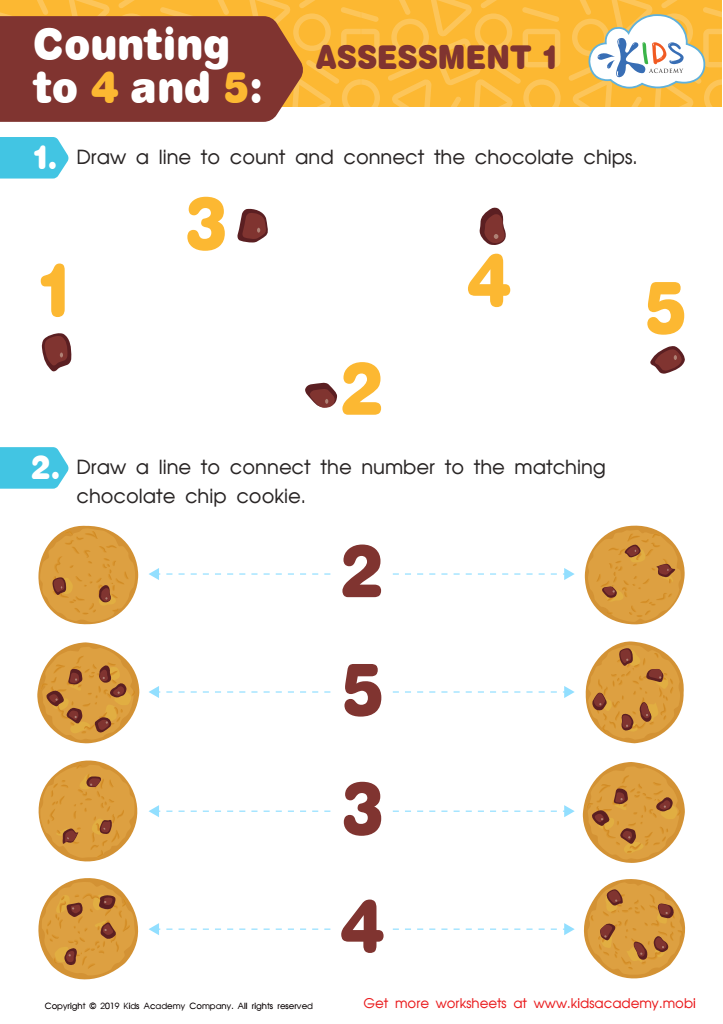

Counting to 4 and 5: Assessment 1 Worksheet
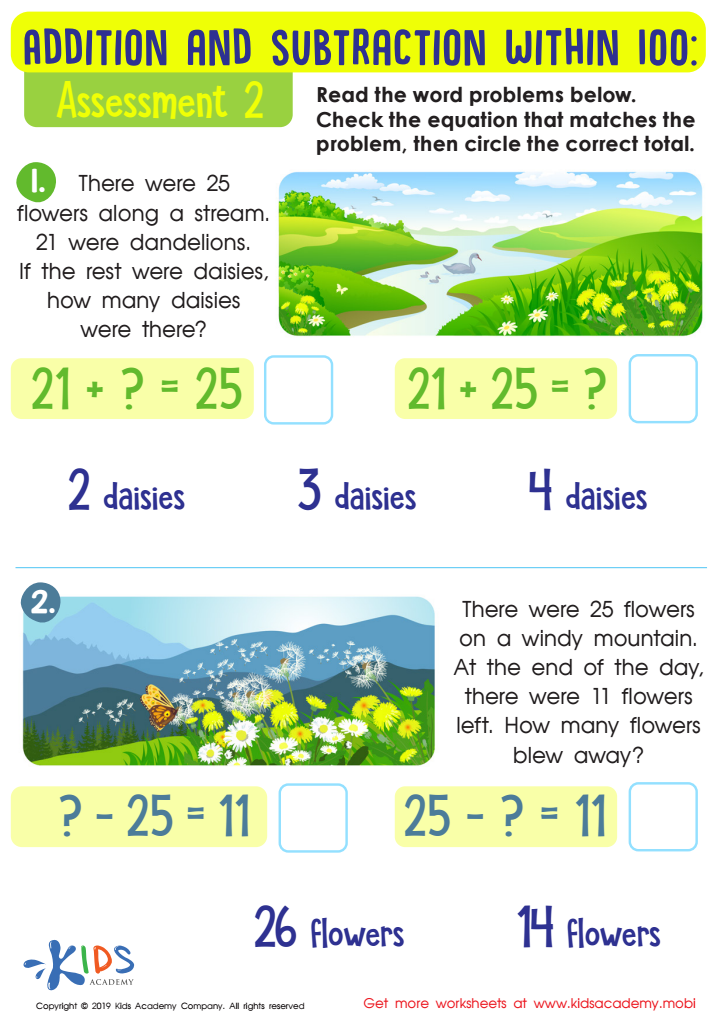

Assessment 2 Math Worksheet
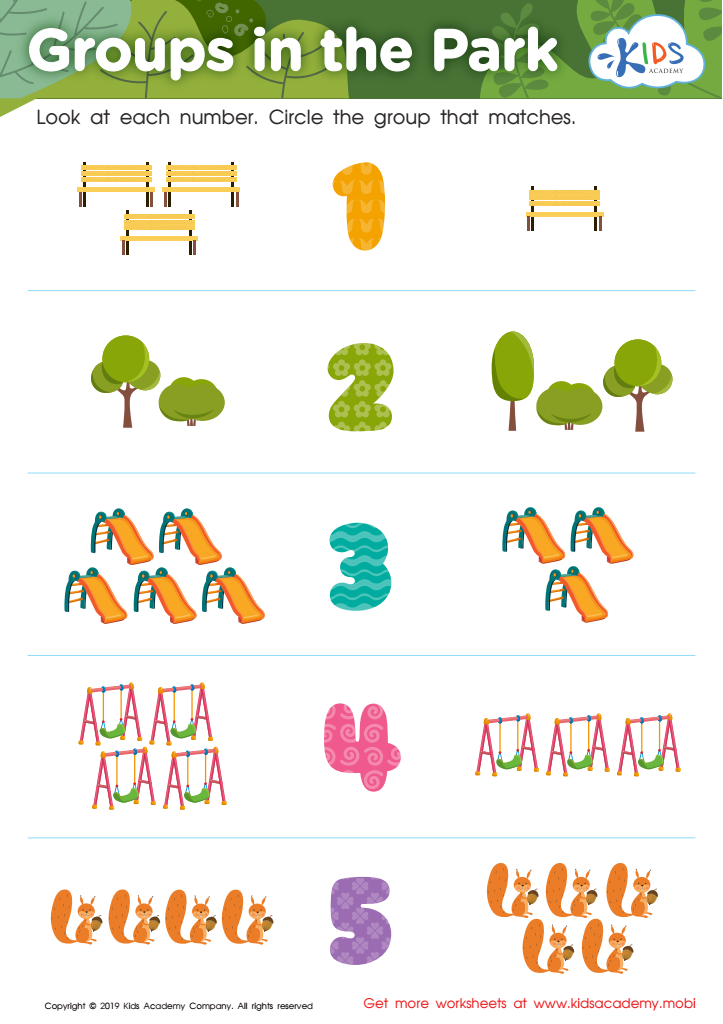

Groups in the Park Worksheet
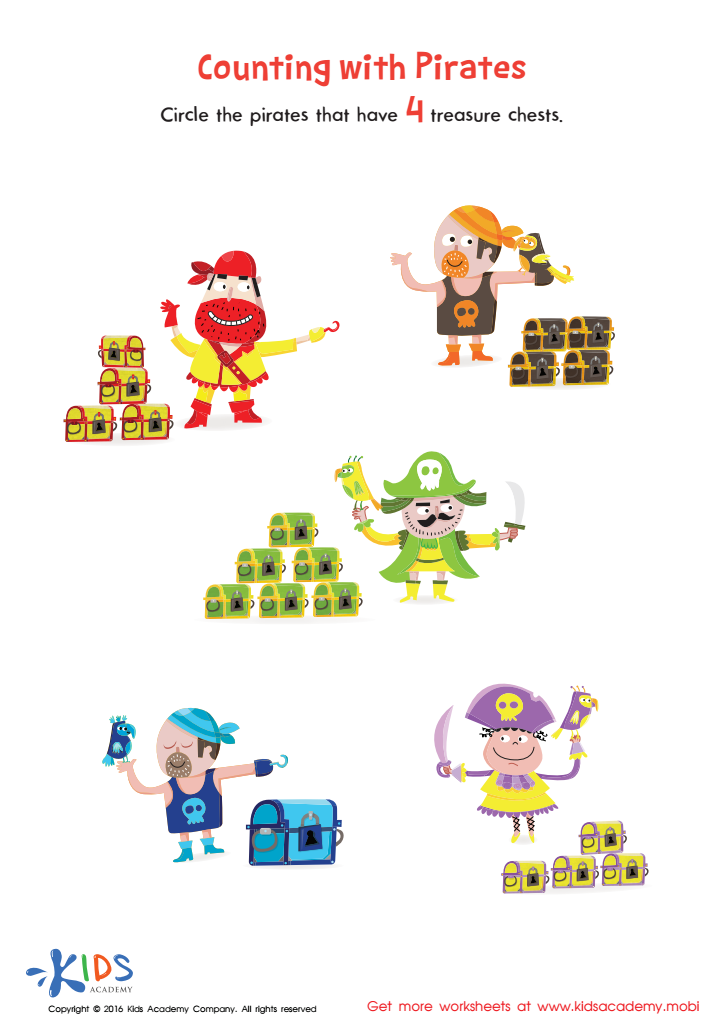

Counting With Pirates Worksheet
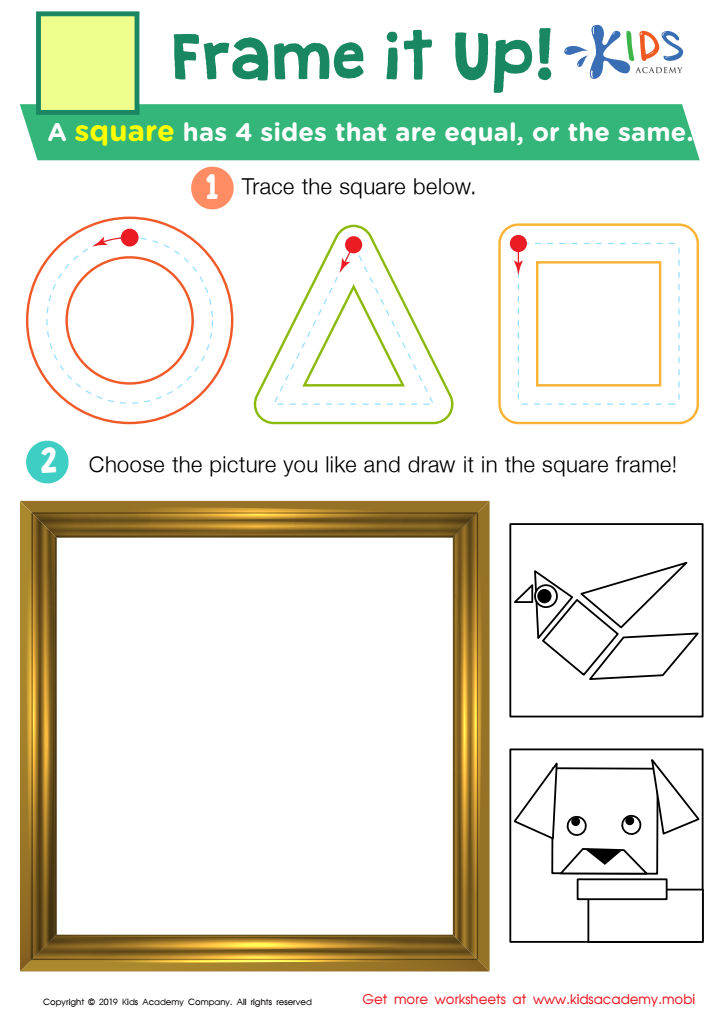

Frame it Up Worksheet
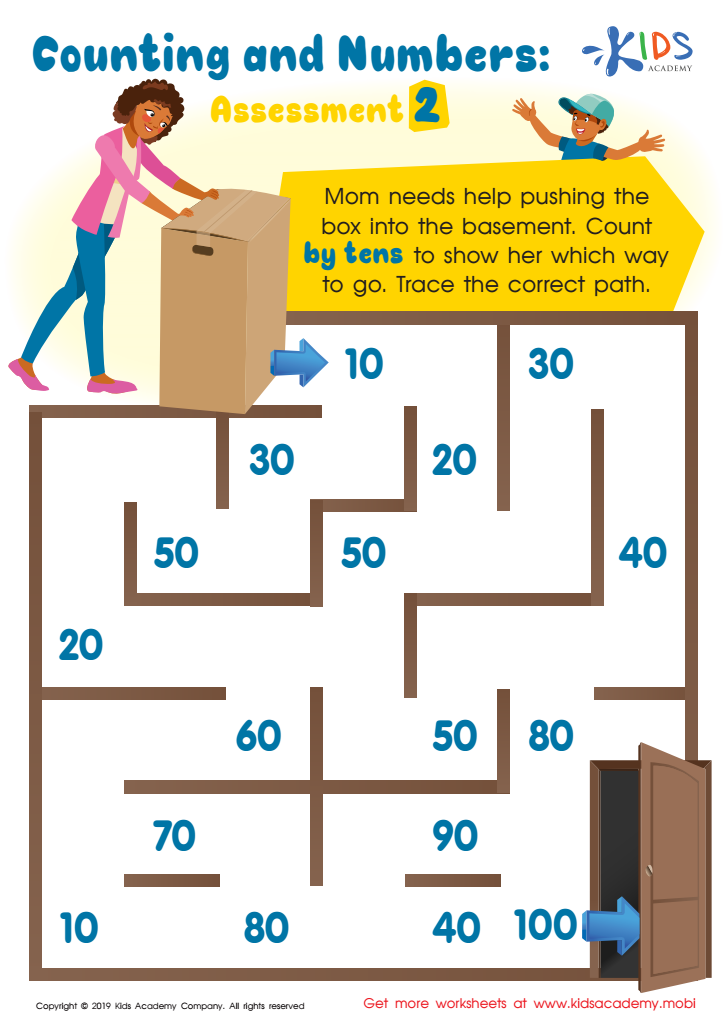

Counting and Numbers: Assessment 2 Worksheet
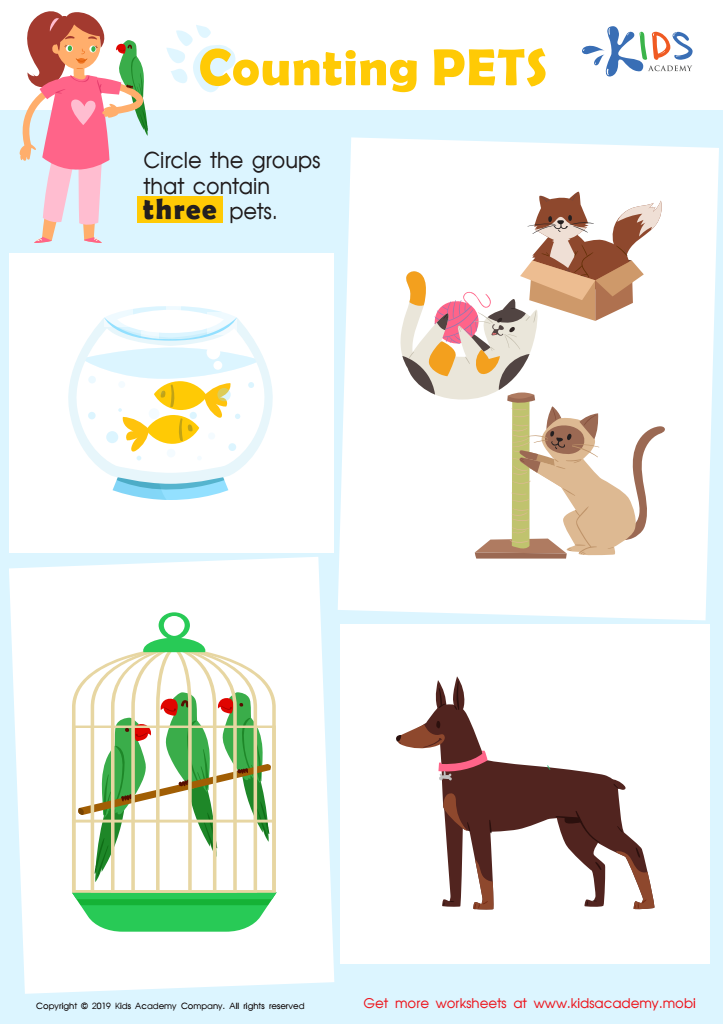

Counting Pets Worksheet
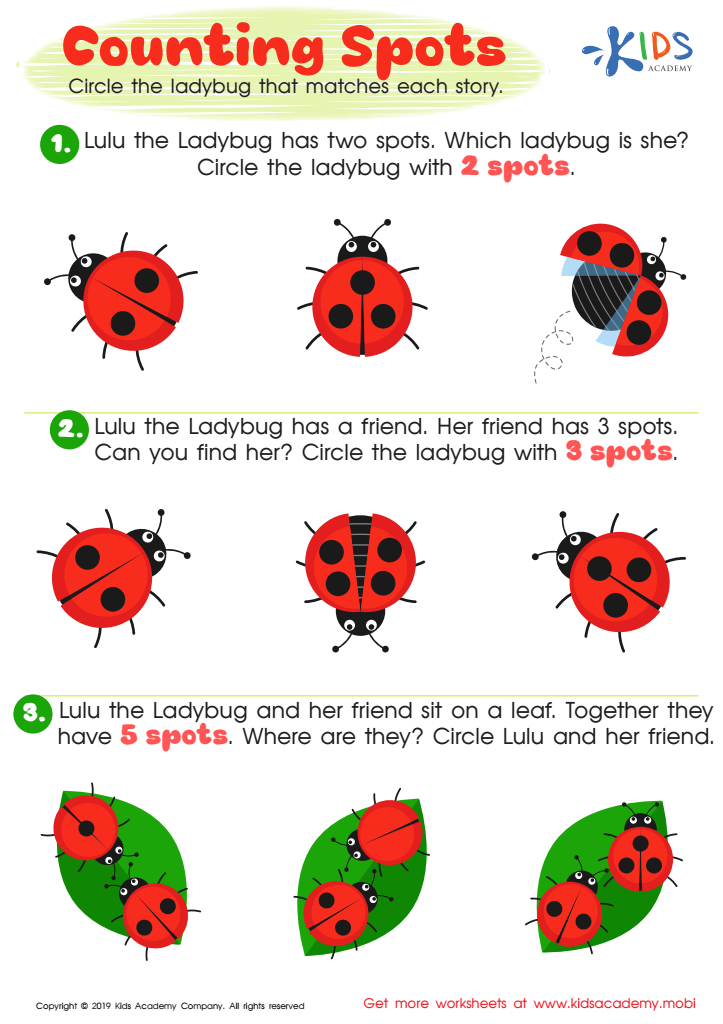

Counting Spots Worksheet
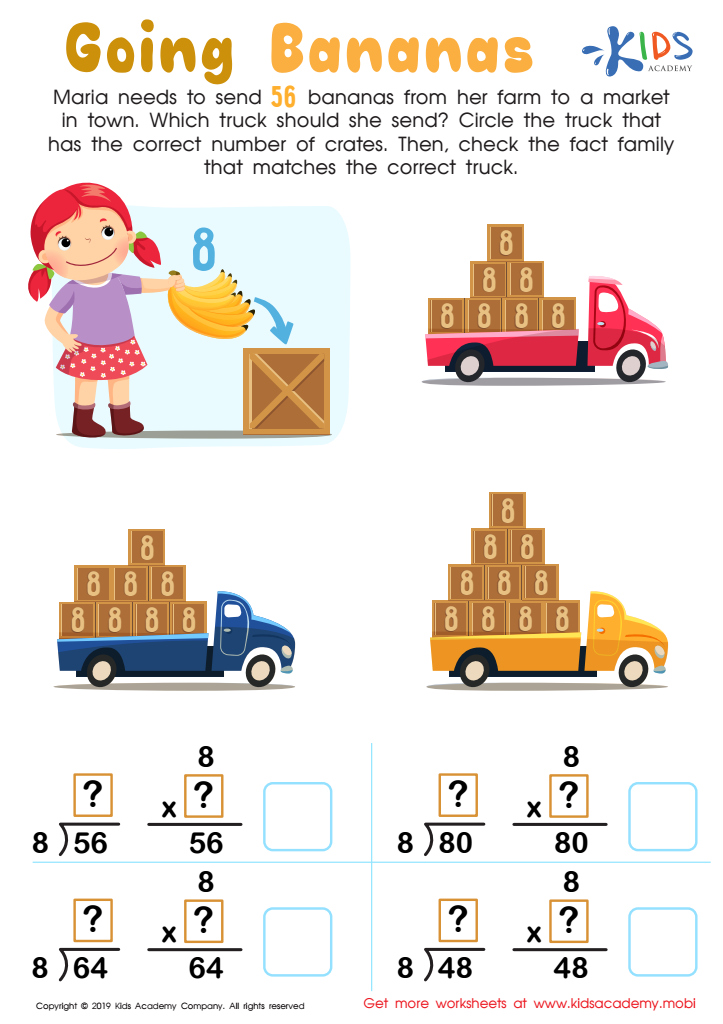

Going Bananas Worksheet
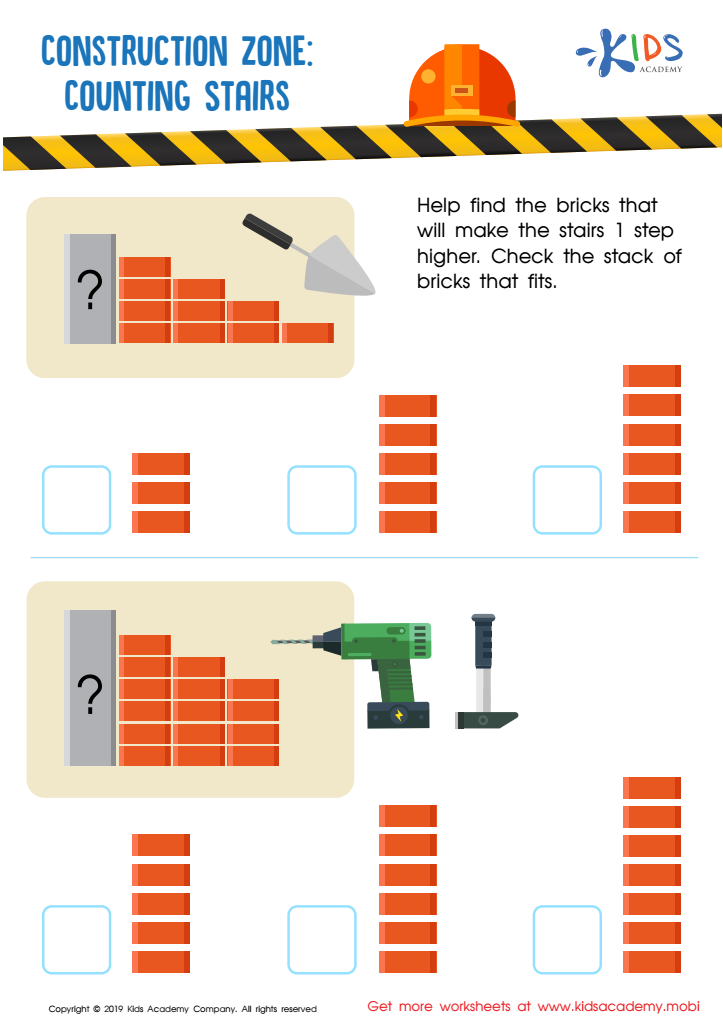

Construction Zone: Counting Stairs Worksheet
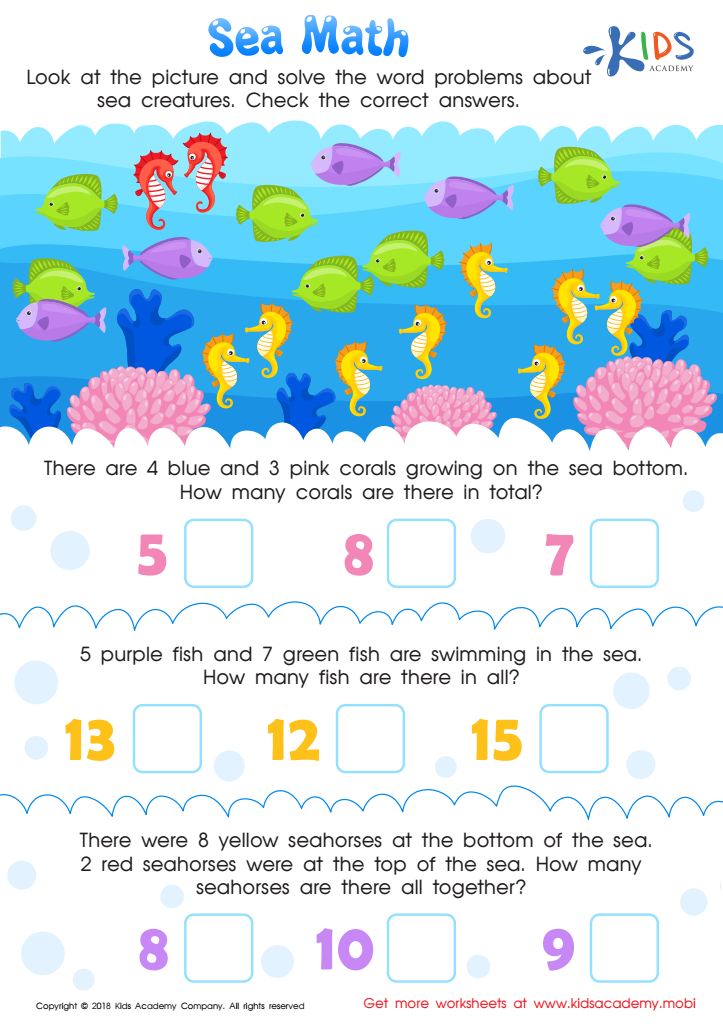

Sea Math Worksheet
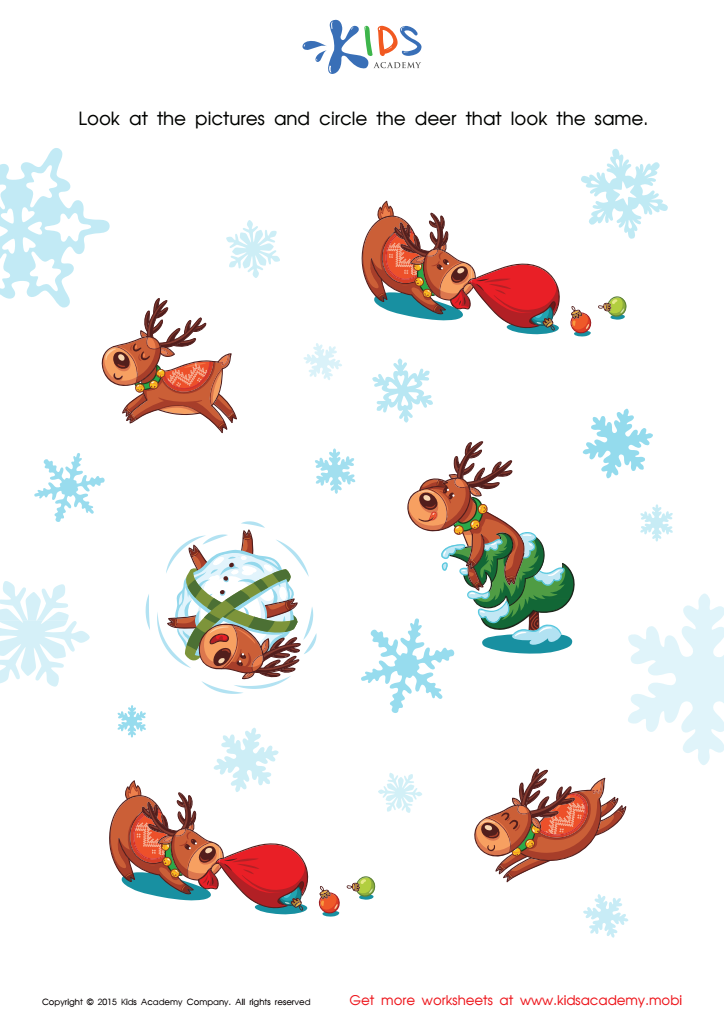

Count the Deer Worksheet
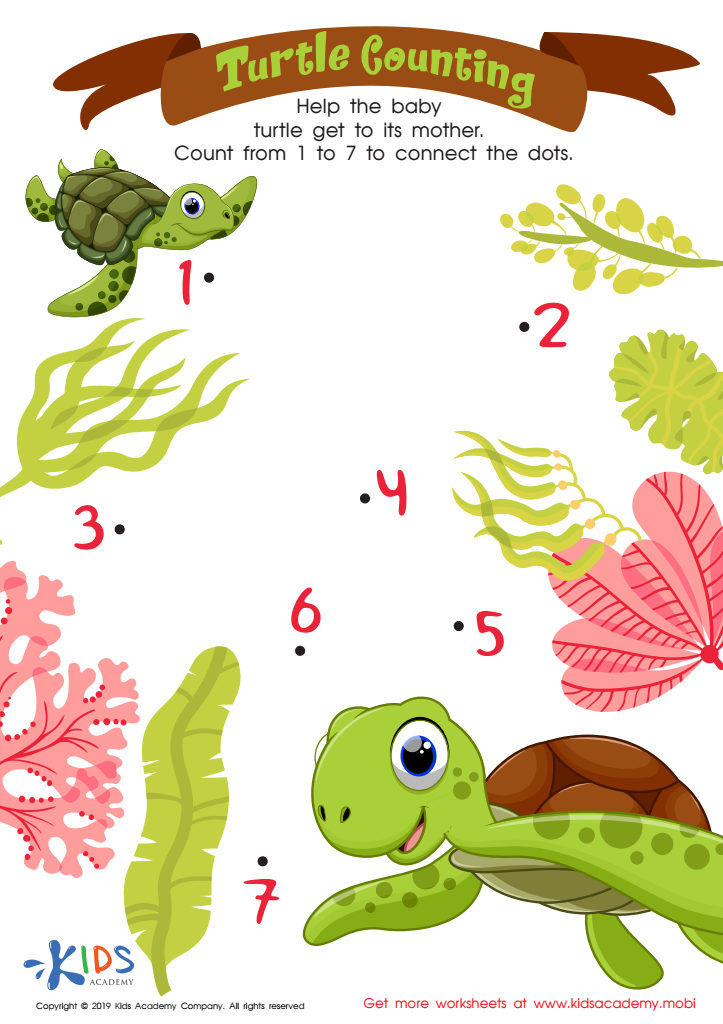

Turtle Counting Worksheet
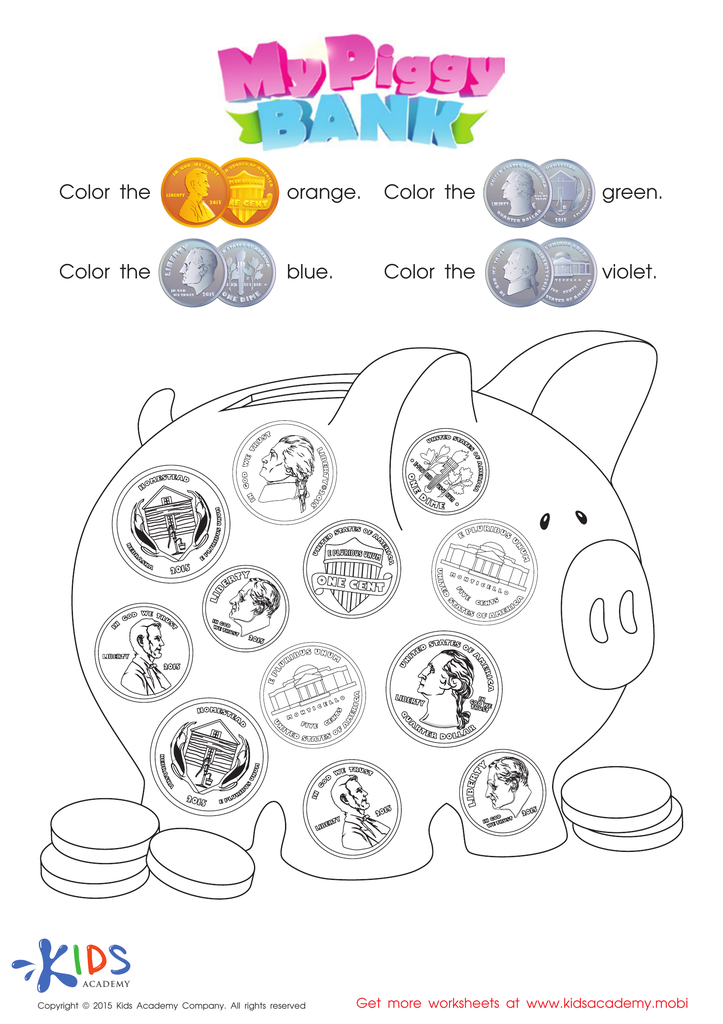

Recognizing Money Money Worksheet
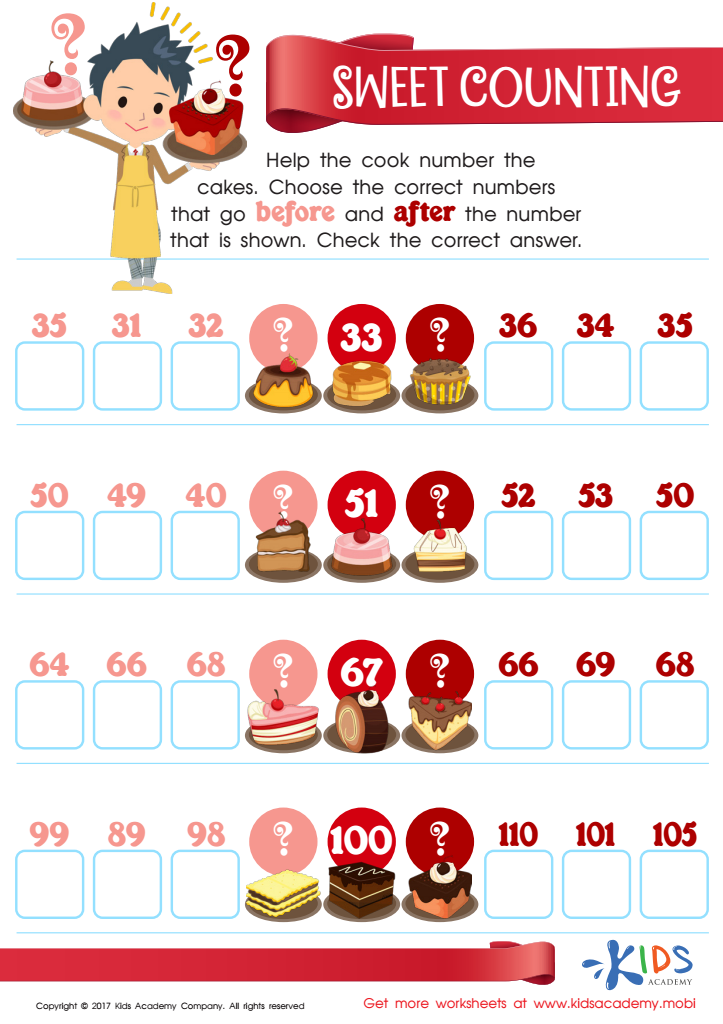

Sweet Counting - Part 1 Worksheet
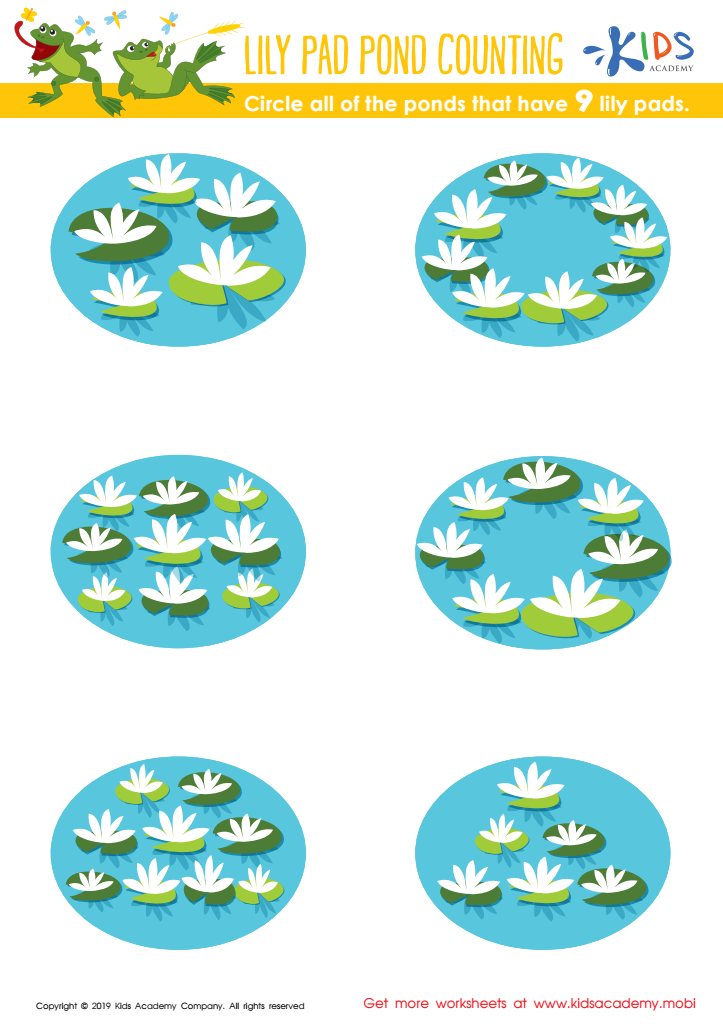

Lily Pad Pond Counting Worksheet
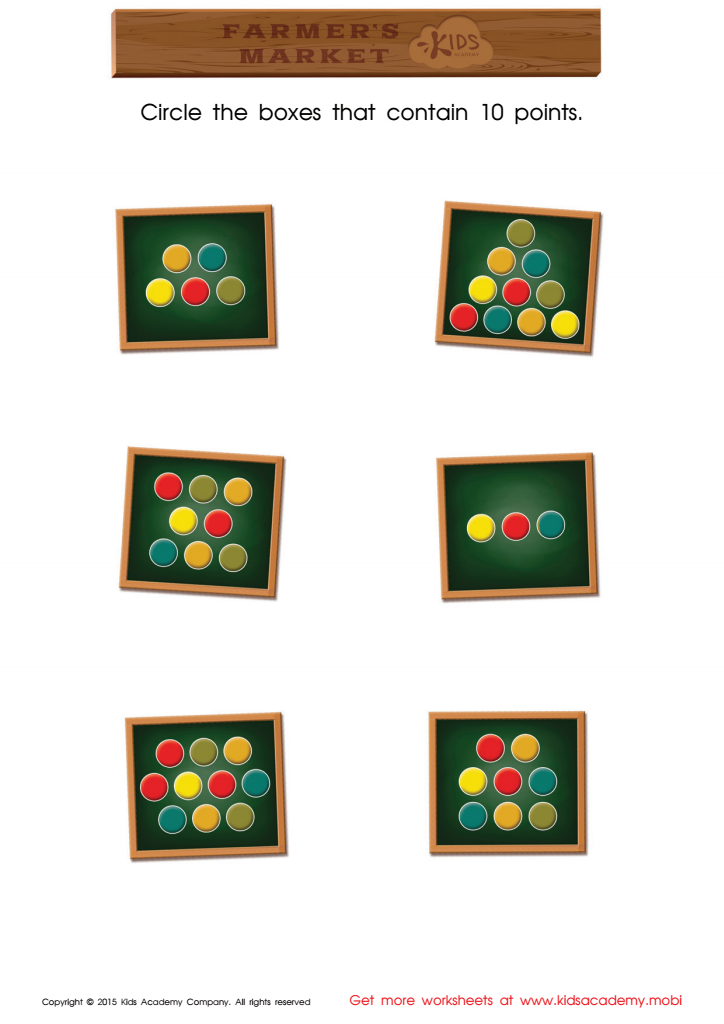

Count and Match Points 10 Math Worksheet
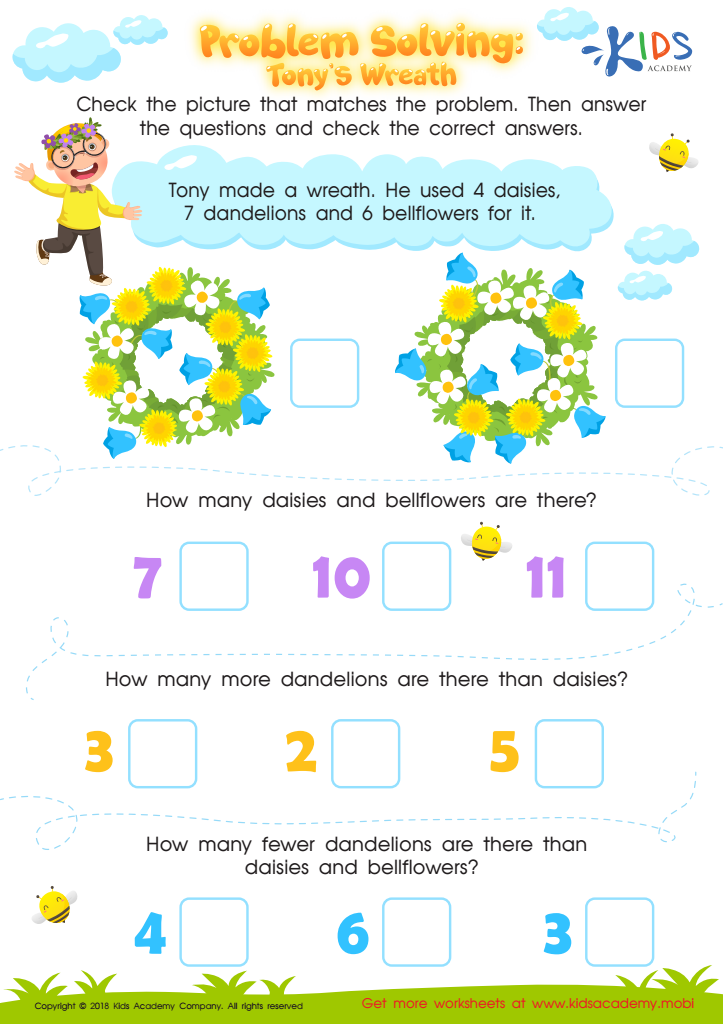

Problem Solving: Tony's Wreath Worksheet
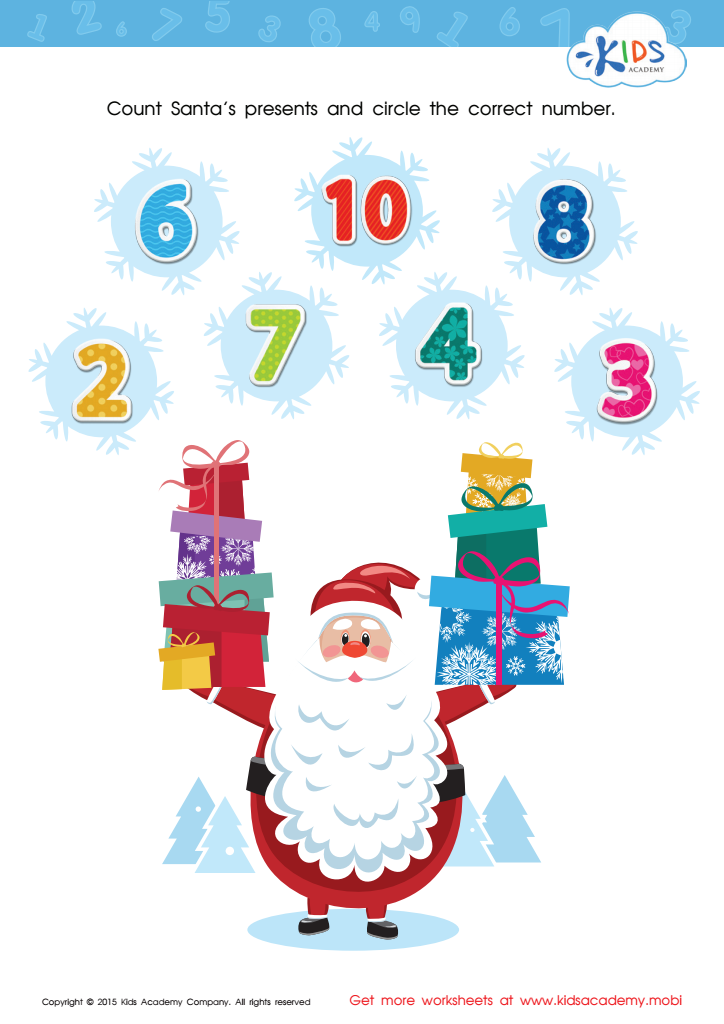

Count Santa's Presents Worksheet
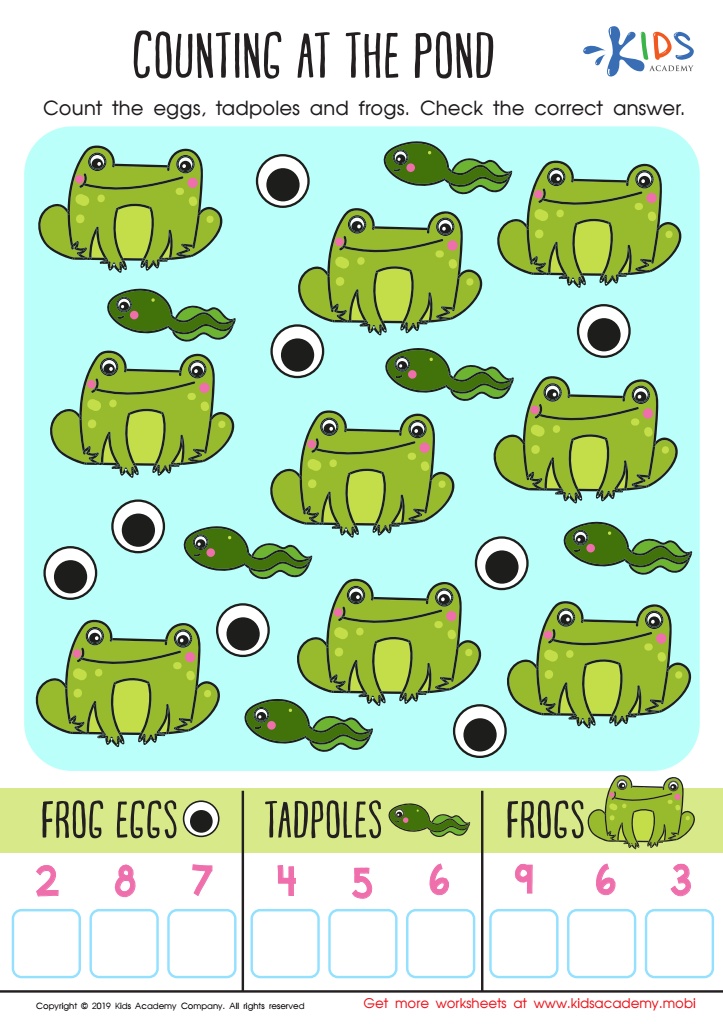

Counting at the Pond Worksheet
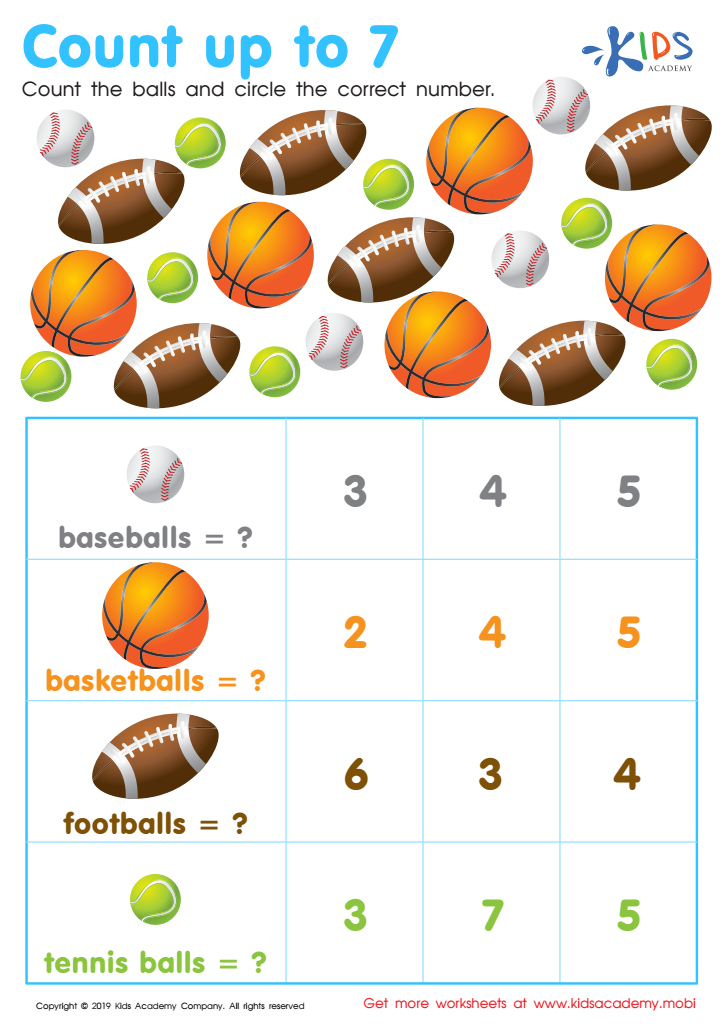

Count up to 7 Worksheet
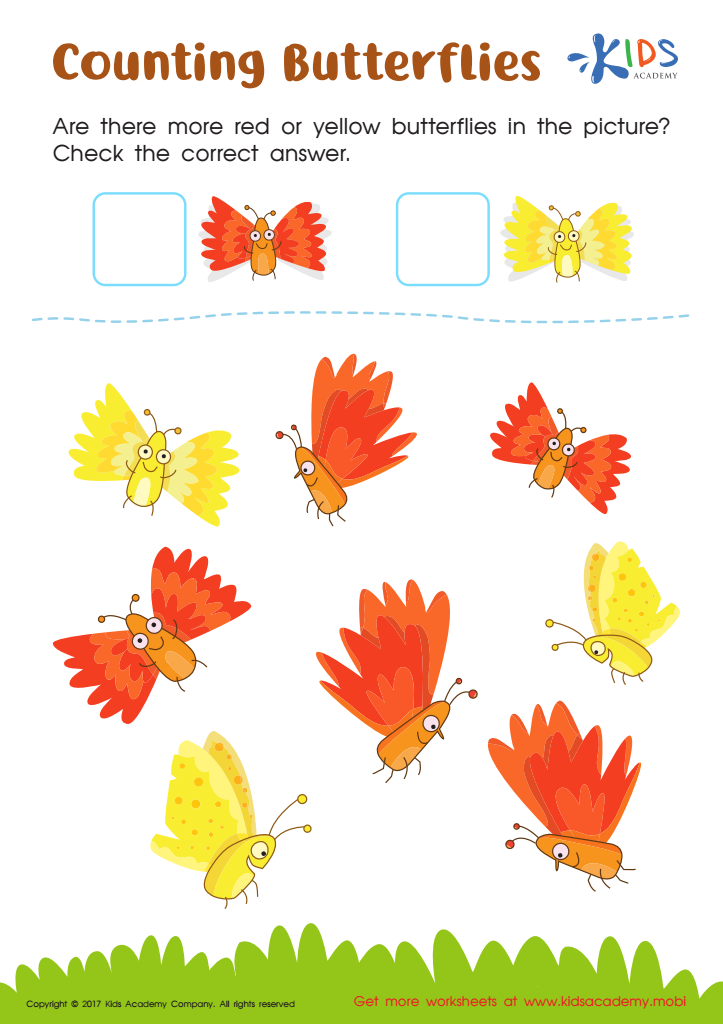

Counting Butterflies Worksheet
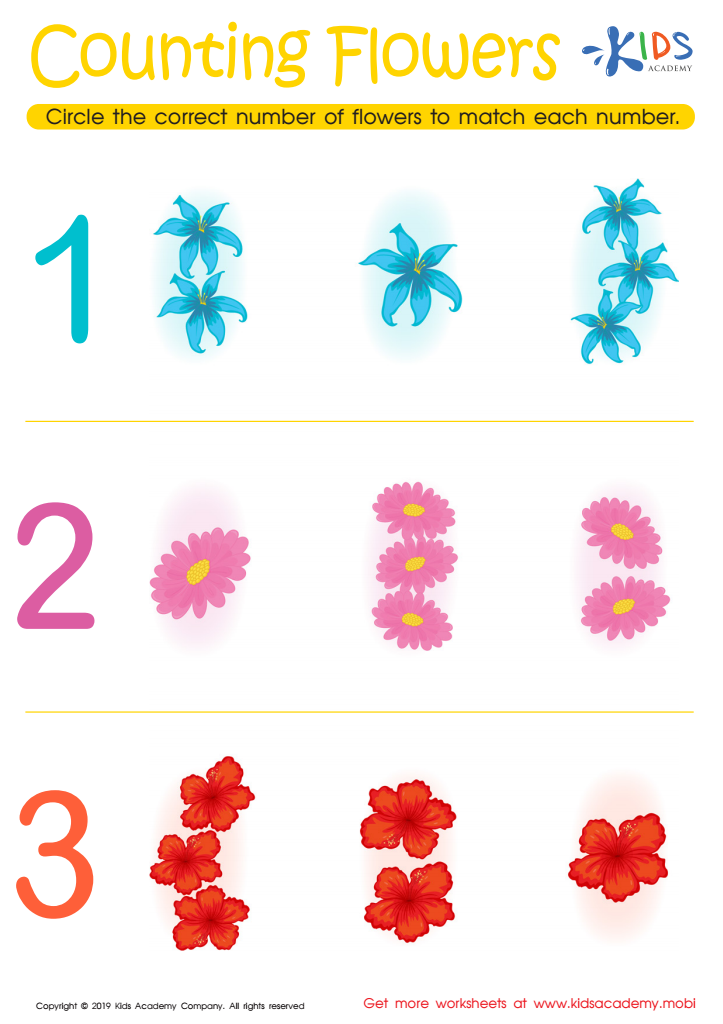

Counting Flowers Worksheet
Teaching basic addition to 4-year-olds is crucial for several reasons pertinent to their cognitive and social development. At this stage, their brains are particularly receptive to learning new concepts, and fostering early math skills can set a robust foundation for future academic success. When parents and teachers introduce basic addition, they stimulate the child’s problem-solving and logical thinking abilities, which are essential skills not just in math, but in everyday life.
Basic addition also supports the development of fine motor skills and hand-eye coordination, especially when children use physical objects like blocks or beads to count and add. Recognizing the relationship between numbers enhances their ability to understand abstract concepts later on. Further, familiarity with math terminology and concepts at an early age diminishes anxiety around the subject, promoting positive attitudes towards learning.
Moreover, incorporating basic addition within everyday activities makes learning spontaneous and fun, providing a natural context for practicing social skills like sharing and collaboration. For example, adding together snacks can turn into an interactive and cooperative game.
By caring about basic addition early on, parents and teachers not only equip children with essential academic skills but also nurture their intellectual curiosity and joy for learning, ultimately contributing to a well-rounded early education experience.
 Assign to My Students
Assign to My Students


